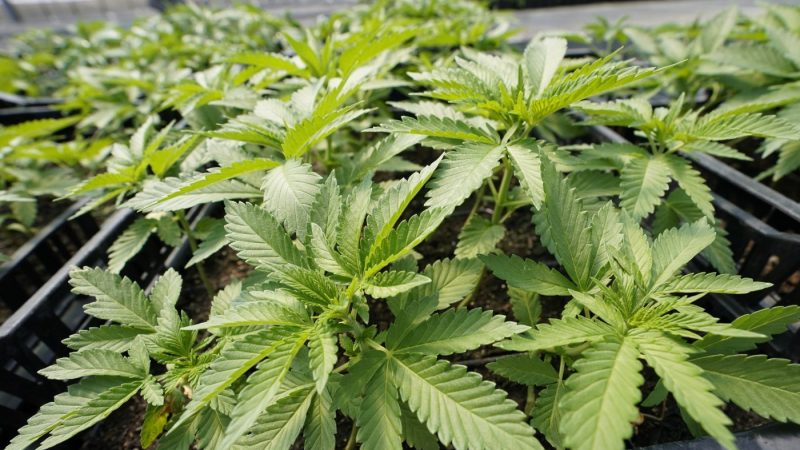

(KLFY) — The State of Louisiana collected nearly $1 million in tax revenue from the sale of medical marijuana in 2023, according to a new study.
LendingTree.com, an online lending marketplace, analyzed data from the U.S. Census Bureau and found that Louisiana collected $993,000 in cannabis tax revenue, a 61.2% increase from 2022.
That pales in comparison with states in which recreational cannabis is legal. In 2023, California saw $567.35 million in excise tax revenue from cannabis — the only state with more than half a billion in related revenue. Washington was second with $460.28 million, and Illinois was third with just over $278 million.
Nationwide, states collected $2.86 billion in cannabis excise tax revenue in 2023.
LendingTree was able to find how much cannabis tax revenue states collect and how much it has changed since last year. Here’s a quick look:
- Louisiana saw the 3rd-largest increase in cannabis tax revenue. The Pelican State collected $993,000 in marijuana sales tax revenue, a 61.2% increase from last year.
- Missouri saw the largest increase in cannabis tax revenue. The Show-Me-State collected $67.36 million in marijuana sales tax revenue, a 355.5% increase from last year.
Recreational cannabis is legal in 24 states and the District of Columbia. Another 13 states, including Louisiana, have legalized medical marijuana only. (Medical marijuana is also legal in each state where recreational cannabis is legal.) Here’s a breakdown:
- States where recreational (and medical) marijuana is legal: Alaska, Arizona, California, Colorado, Connecticut, Delaware, District of Columbia, Illinois, Maine, Maryland, Massachusetts, Michigan, Minnesota, Missouri, Montana, Nevada, New Jersey, New Mexico, New York, Ohio, Oregon, Rhode Island, Vermont, Virginia and Washington.
- States where only medical marijuana is legal: Alabama, Arkansas, Florida, Hawaii, Louisiana, Mississippi, New Hampshire, North Dakota, Oklahoma, Pennsylvania, South Dakota, Utah and West Virginia. (Kentucky will join this list on Jan. 1, 2025.)
Whether recreational or medical marijuana, states can charge excise taxes — which vary widely based on location. For example, New York charges retailers a 13% tax on adult-use cannabis or 7% on medical-use cannabis.

